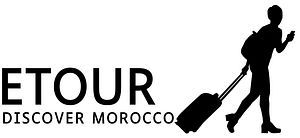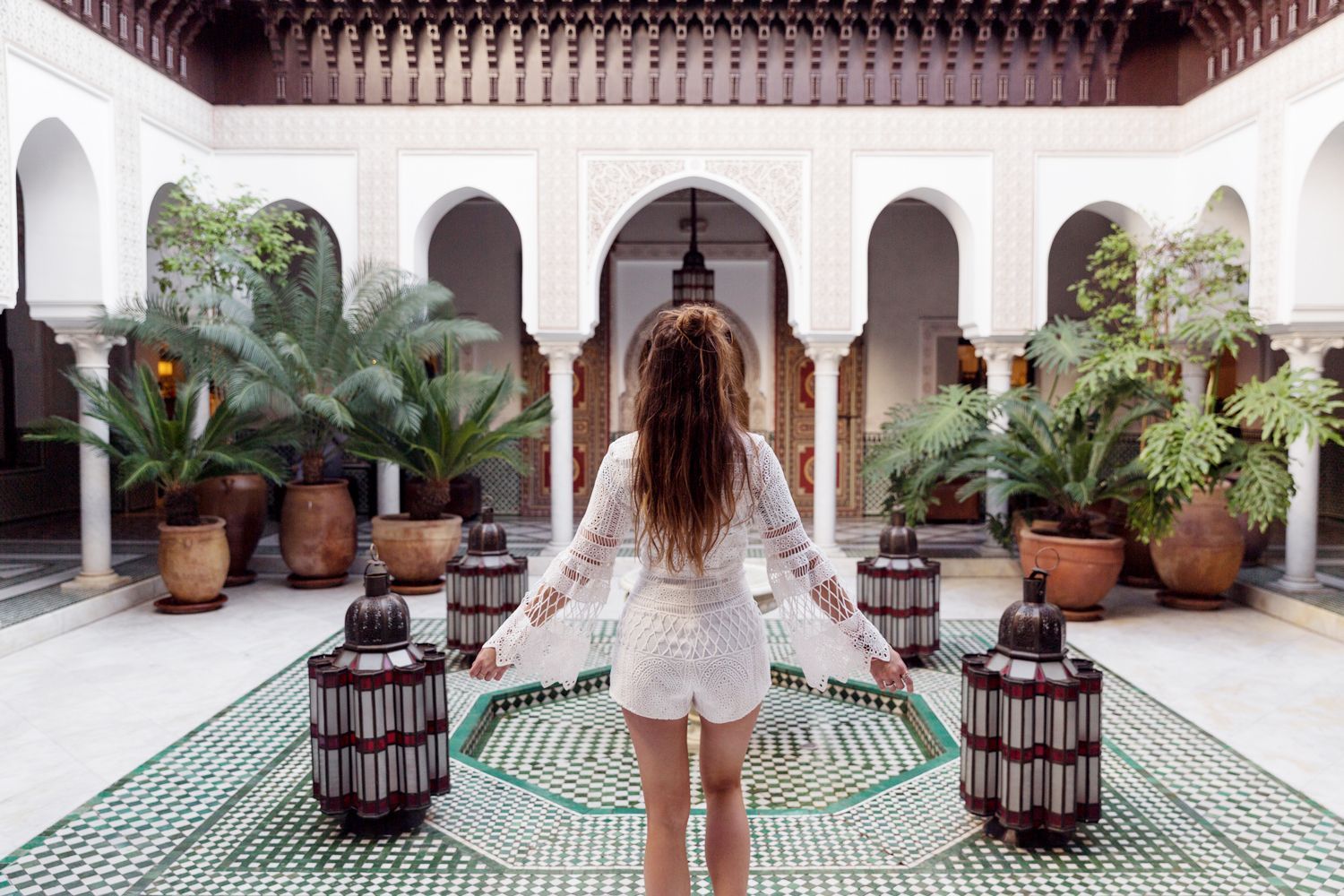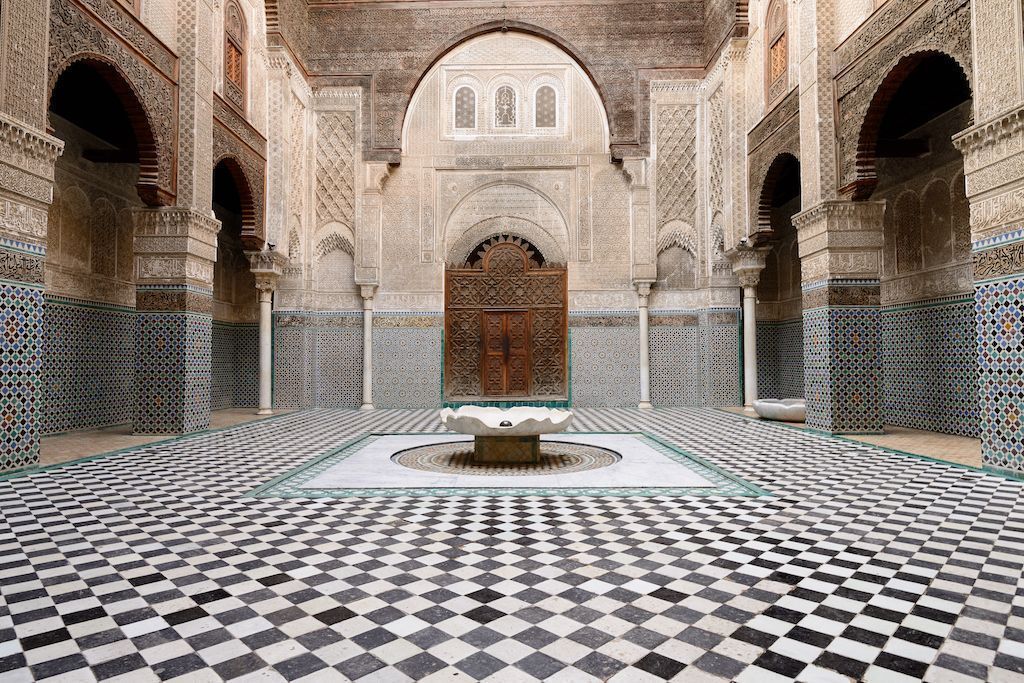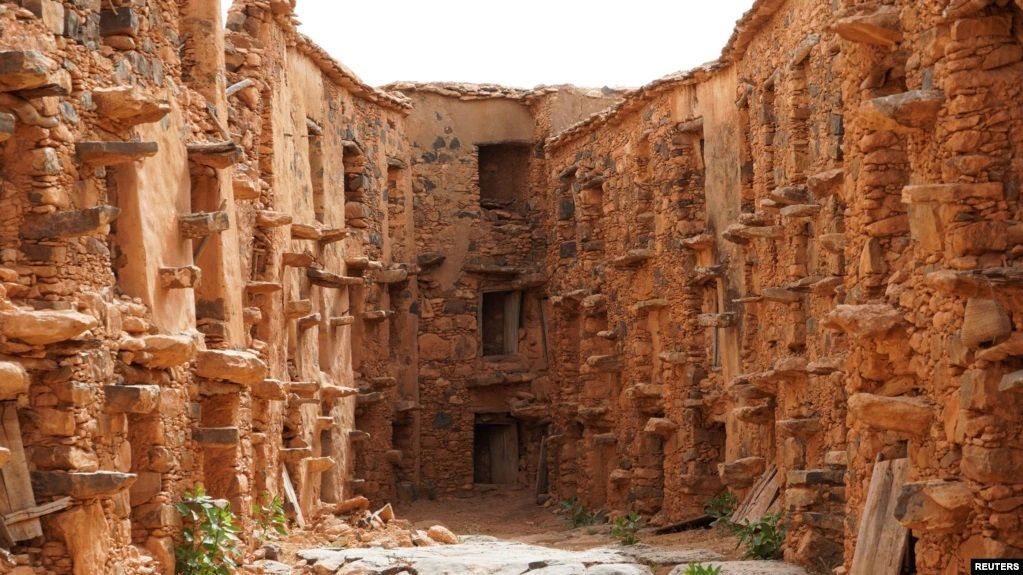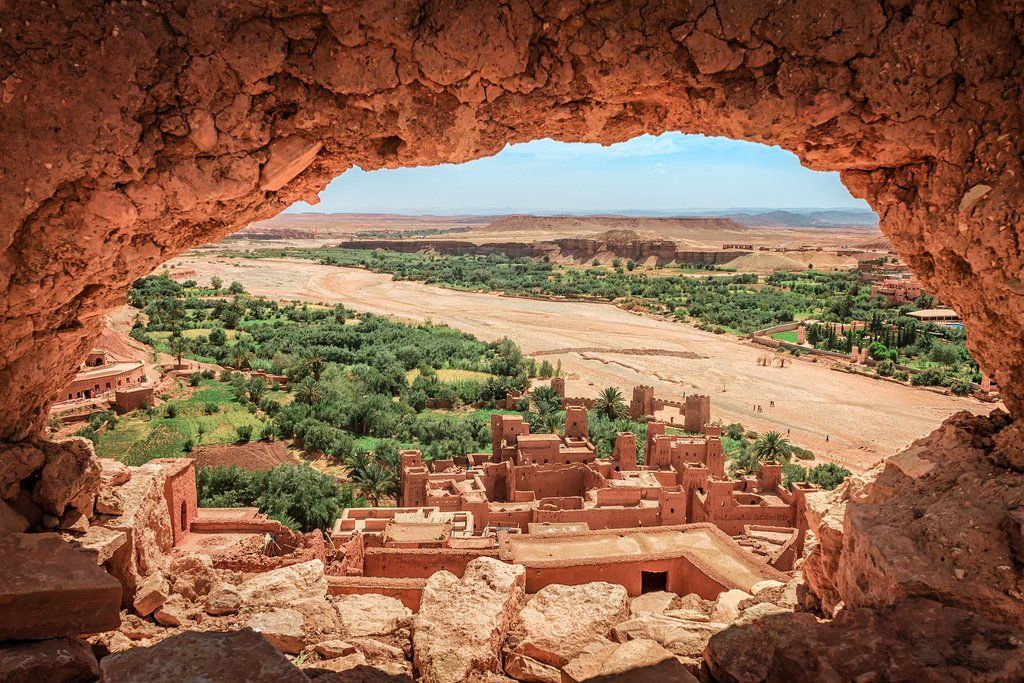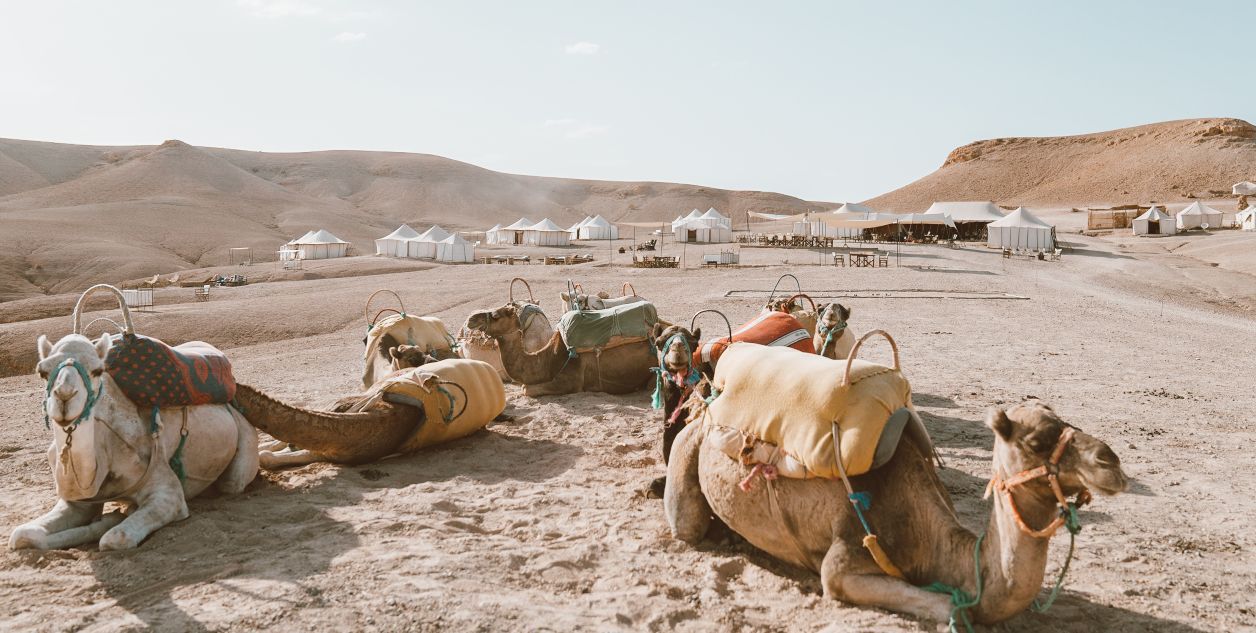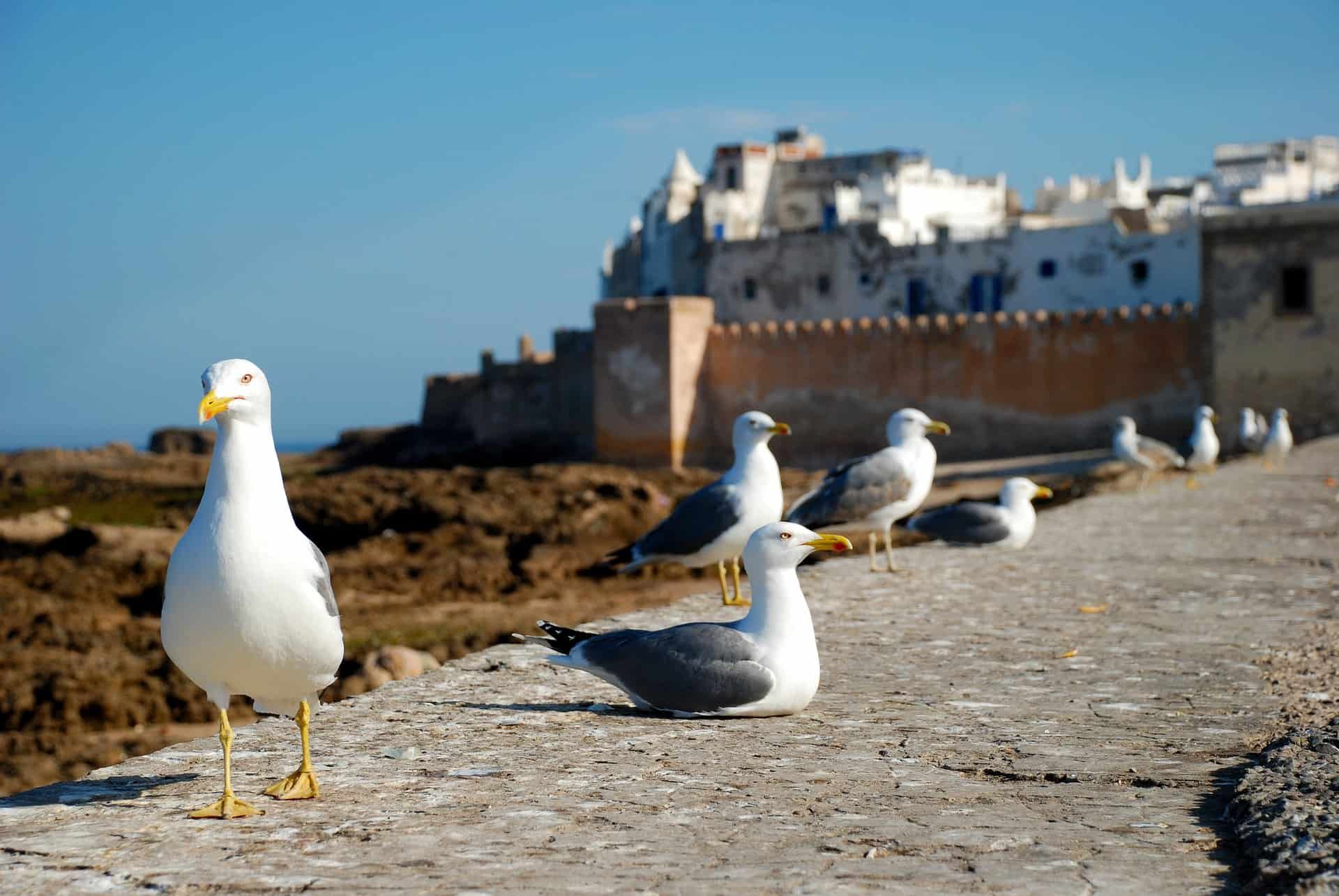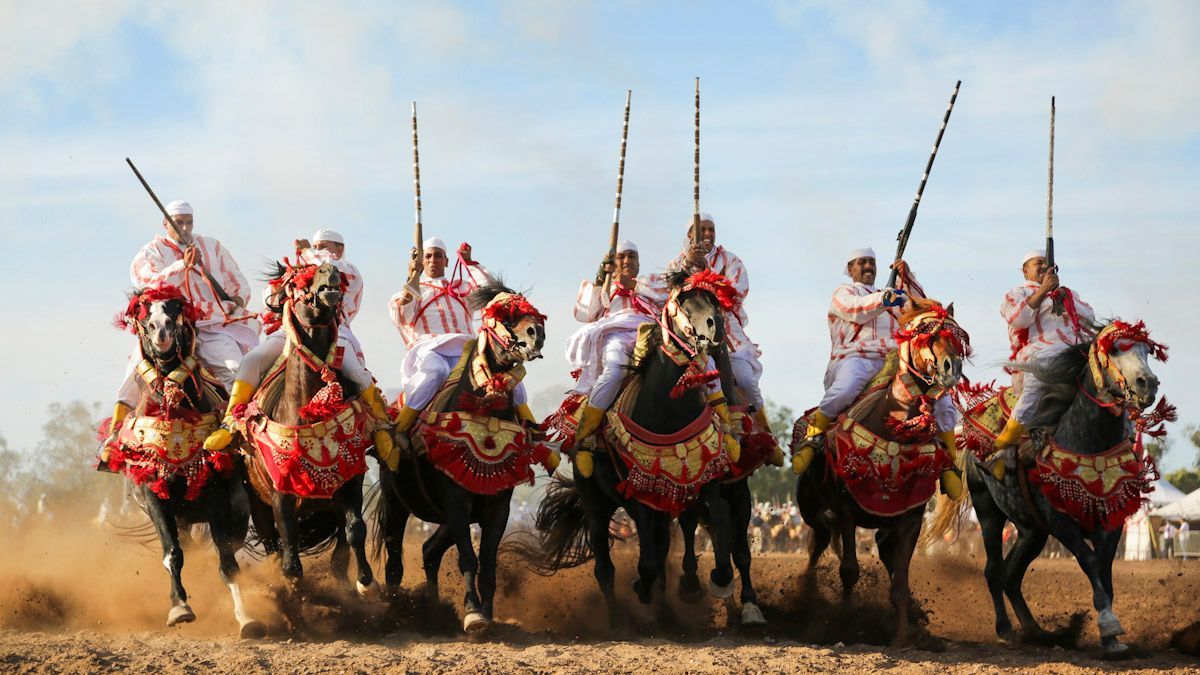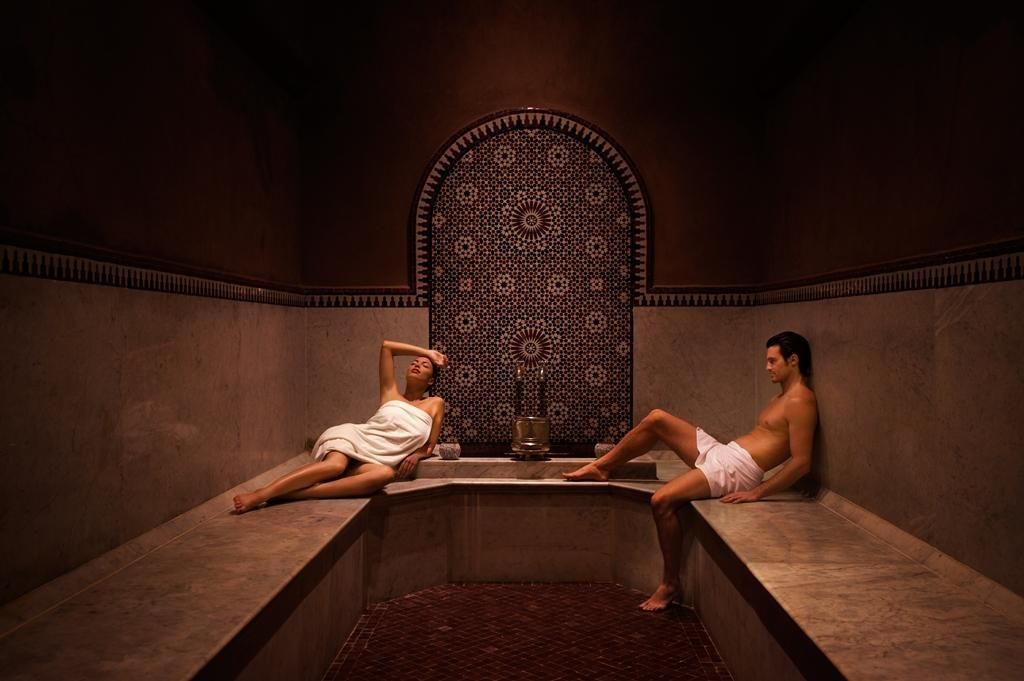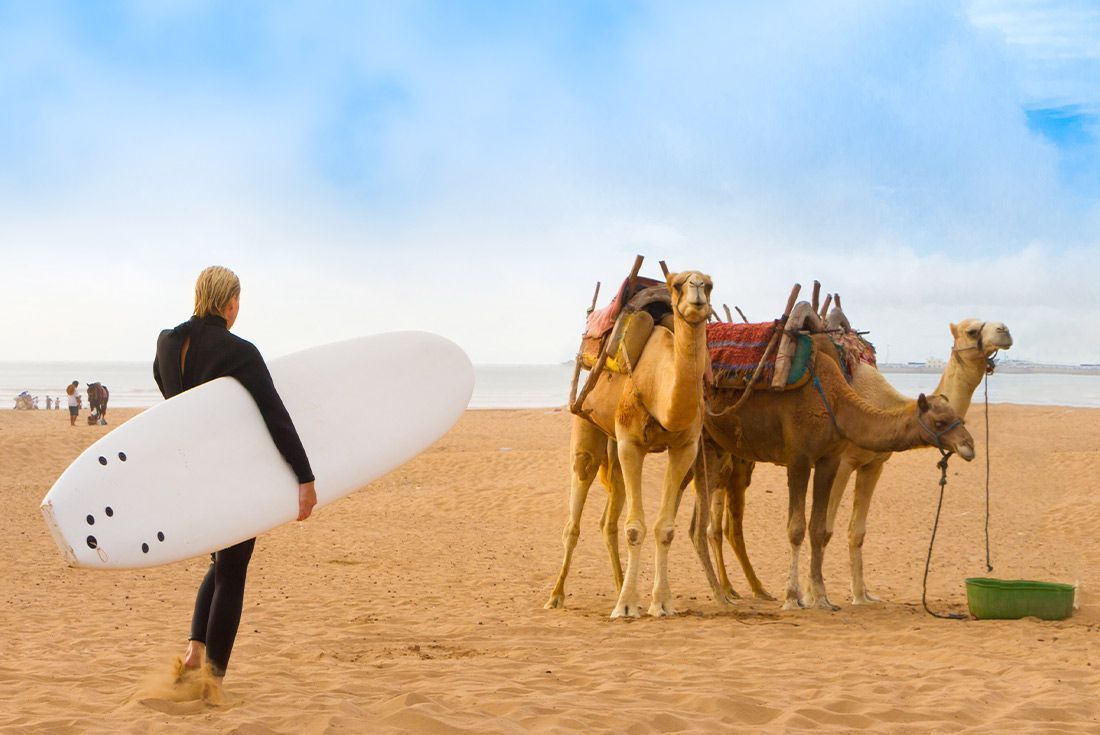A First-Timer’s Guide to Moroccan Markets: What to Buy and How to Bargain
Your Essential Guide to Shopping in Moroccan Souks: What to Buy and How to Bargain Like a Pro
Moroccan markets, known as souks, are a vibrant and essential part of Moroccan culture. For a first-time visitor, the lively atmosphere, variety of goods, and the art of bargaining can be both exciting and overwhelming. From colorful spices and intricate textiles to handcrafted pottery, Moroccan markets offer an unforgettable shopping experience. This guide will help you navigate the souks like a pro, including what to buy and how to master the art of bargaining.
1. What to Expect at a Moroccan Souk
Souks in Morocco are typically located in the heart of the old medinas, with the most famous being in cities like Marrakech, Fes, and Tangier. The maze-like streets are lined with stalls selling a wide variety of goods. Expect to find everything from handmade carpets, leather goods, and jewelry to spices, lanterns, and traditional Moroccan clothing like djellabas and babouches.
2. Best Items to Buy in Moroccan Markets
If you’re visiting for the first time, here are some must-buy items that reflect Moroccan craftsmanship and culture:
- Moroccan Rugs: Known for their intricate designs and vibrant colors, Berber rugs are one of the most sought-after items in Morocco. Handwoven by Berber tribes, each rug tells a story through its unique patterns.
- Leather Goods: Morocco is famous for its high-quality leather products. Items like leather bags, slippers (babouches), and jackets made from traditional tanneries in Fez and Marrakech are excellent purchases.
- Spices: The rich aroma of Moroccan spices like saffron, cumin, and ras el hanout will greet you as you enter the souks. These spices make for a perfect gift or a way to add authentic Moroccan flavor to your dishes.
- Argan Oil: Morocco is the birthplace of argan oil, renowned for its cosmetic and culinary benefits. Be sure to buy from a trusted vendor to ensure authenticity.
- Ceramics & Pottery: Moroccan pottery, with its bold colors and geometric patterns, makes for a beautiful souvenir. Tagine pots, in particular, are not only decorative but also functional for cooking traditional Moroccan dishes.
- Jewelry & Lanterns: Silver jewelry and brass Moroccan lanterns are popular items, often adorned with intricate designs that showcase the country’s artistic heritage.
3. How to Bargain Like a Local in Moroccan Markets
Bargaining is a key part of the shopping experience in Moroccan markets, and it's important to approach it with the right mindset. Here’s how to negotiate effectively:
- Start Low: It’s customary for vendors to start with a high price, expecting you to haggle. Begin by offering around 50-60% of the initial price and work your way up.
- Stay Polite and Friendly: Bargaining in Morocco is a social interaction as much as it is a transaction. Keep the tone light and friendly, and don’t be afraid to walk away if you feel the price is too high. Often, this will lead the vendor to lower their price.
- Do Your Research: Before hitting the souks, have a general idea of what items should cost. This will give you a better understanding of when you’re getting a fair price.
- Look for Fixed-Price Shops: If you’re not comfortable bargaining, some shops have set prices, especially in modern areas like Gueliz in Marrakech. Here, you can shop without the pressure of negotiating.
4. Key Tips for Navigating Moroccan Souks
- Go Early or Late: The souks can be crowded, especially in tourist-heavy areas. For a more relaxed shopping experience, visit early in the morning or late in the afternoon.
- Carry Cash: Most vendors in Moroccan markets don’t accept credit cards, so make sure to bring enough cash, preferably in Moroccan dirhams.
- Beware of Scams: Some vendors may inflate prices for tourists or offer products that aren’t genuine, such as fake argan oil. Always verify the quality and authenticity before making a purchase.
- Enjoy the Experience: Souks aren’t just about shopping—they’re a cultural experience. Take time to soak in the sights, sounds, and smells of the market. Don’t rush; enjoy the process.
5. Best Moroccan Souks to Visit
- Marrakech Souks: The souks in the medina of Marrakech are the most famous, offering an endless array of items from carpets to spices. Jemaa el-Fnaa, the central square, is a must-visit.
- Fes Souks: The medieval medina of Fes el Bali is home to some of the most traditional markets in Morocco, known for its pottery, leather, and metalwork.
- Tangier Souks: Located in northern Morocco, Tangier’s markets are less touristy but offer a fantastic selection of Moroccan goods. It's an ideal place to purchase high-quality handicrafts.
Visiting a Moroccan souk is an immersive experience where the past meets the present. From the vibrant stalls to the art of bargaining, your trip to the markets is an essential part of any visit to Morocco. Whether you’re in search of a handcrafted Berber rug or the finest Moroccan spices, the souks are filled with treasures waiting to be discovered.
By using these tips and knowing what to buy, you’ll not only get the best deals but also come away with a deeper appreciation for Moroccan craftsmanship and culture.



